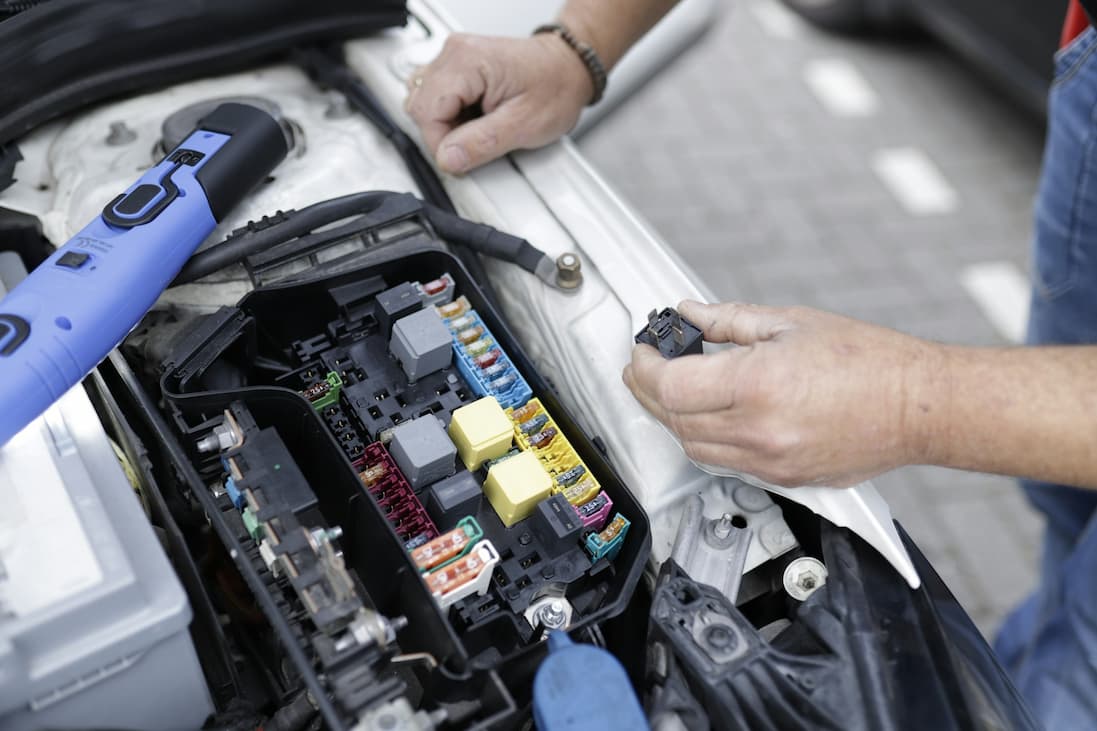The federal government is expanding the New Energy Apprenticeships Program, which provides incentives for trades professionals to upskill in sustainable fields. The expansion of the year-old program – which has so far seen 2,210 apprentices sign up – follows Prime Minister Anthony Albanese’s recent announcement of the “Future Made in Australia” plan to revitalise local manufacturing.
HVAC&R apprentices are already eligible for incentive payments under the existing program. With the changes, apprentices can now claim $2,000 payments annually, plus an additional payment when they finish their apprenticeship if they’ve done enough relevant work on clean energy projects.
Wider scope
The program’s expansion will take effect from June 1, 2024. The changes come in response to consultations in which industry parties raised practical issues confronting key sectors as they transition to clean energy and adapt to new technology.
According to the government, the changes aim to encourage more apprentices and trainees to upskill in sectors with exposure to clean energy. These include housing construction, automotive and advanced manufacturing. Crucially, apprentices will no longer need to work solely on clean energy projects to claim the incentive payments.
“We must do all we can to supercharge our efforts to address climate change, as well as address the acute skills shortages we face to rewire the nation,” says Minister for Skills and Training Brendan O’Connor.
“This is a great opportunity for Australians to gain a trade whilst accessing government incentives, as well as doing something tangible for the environment by working in industries that will reduce carbon emissions.”
The program will also cover an increased number of eligible apprenticeships. Among these are solar and battery installations, designing and constructing hydroelectricity, and electric vehicle maintenance.
A boost for tradies
The program provides apprentices with up to $10,000 over the duration of their apprenticeship. The government says this is to help offset cost-of-living challenges that apprentices face, especially during their first two years.
“We are constantly monitoring our programs and listening to industry to understand what they need to make access to programs designed to address skills needs easier and eligibility more common-sense,” O’Connor says.
The program covers 40 different occupations, encouraging more apprentices to build skills relevant to the net zero transition. Air conditioning and refrigeration apprentices are already eligible for incentives under the program.
 Nick Johns-Wickberg
Nick Johns-Wickberg


Leave a Reply